
Book
The Psychology of Money
Timeless Lessons on Wealth, Greed, and Happiness
Recommendation
The more knowledge you have, the richer you’ll get, right? Perhaps. Financial know-how is actually less of a hard science than you might think. Unlike in other fields, in finance an unknown gas station attendant with a high school education might make millions, while a celebrated, Harvard-educated finance executive goes bankrupt. It all boils down to behavior. Former financial journalist Morgan Housel explores why psychology has more to do with positive financial outcomes than your math skills. Find out how your relationship with money affects every aspect of your finances.
Summary
About the Author
Former financial reporter Morgan Housel wrote for The Motley Fool and The Wall Street Journal. He is currently a partner at Collaborative Fund.
By the same author
Learners who read this summary also read
Book
Book









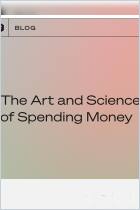
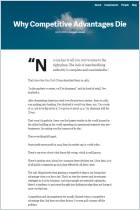
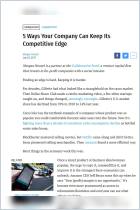
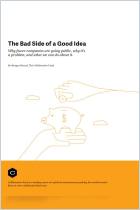

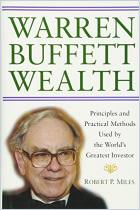
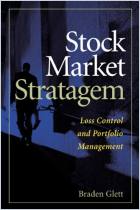
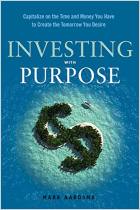
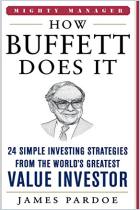
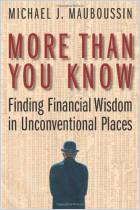


Comment on this summary or 开始讨论